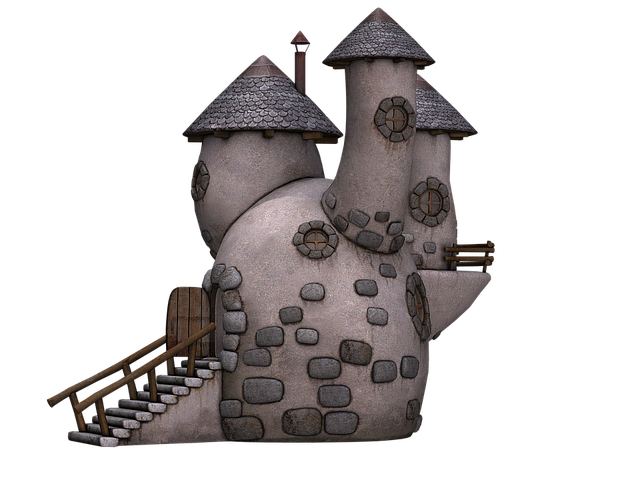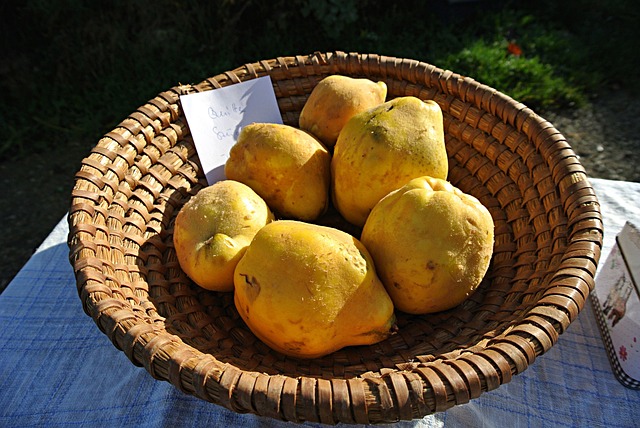Yard waste, like grass clippings and leaves, is a by-product of home gardening but can be responsibly managed through composting instead of traditional bagging or specialized services. Composting reduces landfill waste, creates nutrient-rich soil amendments, improves plant growth, and promotes eco-friendly gardening practices. By starting a compost pile with organic materials, gardeners can minimize their environmental impact, enrich garden soils, and foster a circular economy, all while saving costs on removal and recycling.
For garden enthusiasts, composting is a game-changer in sustainable yard waste removal and recycling. Understanding the environmental impact of your green waste is the first step towards a greener lifestyle. This article delves into the benefits of composting for gardeners, providing insights on how this simple practice reduces landfill waste, enhances soil health, and promotes eco-friendly gardening habits. We’ll guide you through a step-by-step process to start your own compost pile, empowering you to create nutrient-rich resources for your garden.
- Understanding Yard Waste and Its Impact on the Environment
- The Benefits of Compost Creation for Gardeners
- Step-by-Step Guide to Starting Your Own Compost Pile
Understanding Yard Waste and Its Impact on the Environment

Yard waste, including grass clippings, leaves, and garden trimmings, is a significant part of what many homeowners and garden enthusiasts produce regularly. Traditionally, managing this waste often involves bagging it for collection by municipal services or hiring specialized yard waste removal companies. However, with growing environmental awareness, there’s a rising emphasis on responsible management through recycling and composting. This shift isn’t just about reducing the volume of waste sent to landfills; it also offers a rich source of nutrients for gardens and landscapes, thereby promoting healthier plant growth.
By understanding the impact of yard waste, individuals can make informed choices regarding its disposal. Composting provides an eco-friendly solution by turning these organic materials into nutrient-rich compost that can enhance soil structure and fertility. This not only reduces the demand for synthetic fertilizers but also minimizes the environmental footprint associated with traditional yard waste removal methods.
The Benefits of Compost Creation for Gardeners

Compost creation offers numerous benefits for garden enthusiasts, providing an eco-friendly solution to a common problem—yard waste removal. By converting organic materials such as food scraps, leaves, and grass clippings into compost, gardeners can significantly reduce their environmental impact. This natural process not only minimizes the amount of waste sent to landfills but also enriches soil health, making it an essential practice for sustainable gardening.
For gardeners, compost serves as a valuable resource that enhances plant growth and overall garden ecosystem. It improves soil structure, increases moisture retention, and adds essential nutrients, thereby reducing the need for synthetic fertilizers. Moreover, composting encourages a circular economy by recycling yard waste, fostering a healthier and more resilient garden environment in the process.
Step-by-Step Guide to Starting Your Own Compost Pile

Starting your own compost pile is an eco-friendly way for garden enthusiasts to reduce yard waste removal and recycling expenses while enriching their soil. Begin by choosing a suitable location – a corner of your garden or a dedicated compost bin – free from obstructions and with easy access. Next, collect organic materials such as kitchen scraps, lawn clippings, and dry leaves, ensuring a balanced mix of green (nitrogen-rich) and brown (carbon-rich) elements. Layer these materials in a container or pile, maintaining moisture at a level similar to a wrung-out sponge. Regularly turn the pile to aerate it, which aids decomposition. As the compost matures, it will become dark, crumbly, and free from recognisable components – perfect for enhancing garden soil fertility.
Compost creation is a powerful tool for garden enthusiasts looking to reduce their environmental impact. By understanding yard waste and its potential harm, we recognize the importance of recycling this resource instead of sending it to landfills. The benefits are clear: rich compost improves soil health, reduces nutrient runoff, and promotes sustainable gardening practices. With a simple step-by-step guide, anyone can start their own compost pile, becoming part of a solution that nourishes both their garden and the planet. Embrace the circular economy by recycling yard waste through composting—a beneficial practice for both nature and your green sanctuary.














